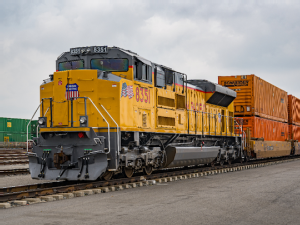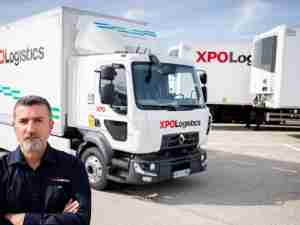Oyster Bay, NY - Government regulations, tax incentives, and improved price parity are leading to the increasing adoption of battery-powered electric commercial vehicles (BEV). Initial adopters range from municipal buses to refuse trucks, light-duty service vehicles, and terminal tractors. This strong early adoption will drive the number of BEV commercial vehicles to 3 million units worldwide by 2024, according to global tech market advisory firm, ABI Research.
Recently, Daimler Trucks North America delivered its first Freightliner, eCascadia, to both Penske and NFI, and Amazon ordered 100,000 electric trucks from Rivian. New business models include Volvo Trucks North America’s upcoming VNR semi-truck with an ‘energy as a service” package’. “Beyond the current headlines, companies including BYD, Proterra, and Peterbuilt are establishing a BEV market presence within key early verticals,” says Susan Beardslee, Principal Analyst, Freight Transportation & Logistics at ABI Research. This is leading up to a 28% CAGR from 2019 to 2024, many for service-based operations that leverage planned routes and overnight or between shift charging on-site.
Ultimately, further growth, beyond initial use cases, requires a significant investment in charging infrastructure and new technology to reduce battery size and weight as well as significantly enhance range. “Other factors yet to be fully addressed include battery life and recycling methods. Still, the elimination of fuel costs, second only to personnel, and a significant reduction in maintenance will continue to attract significant investment and adoption of commercial BEV’s throughout the 2020s,” Beardslee concludes.











